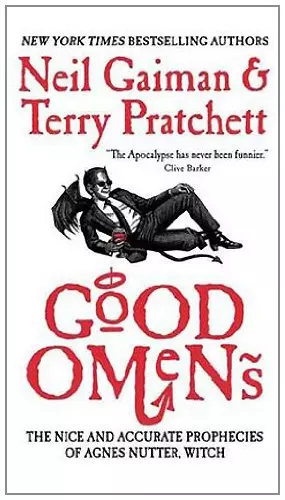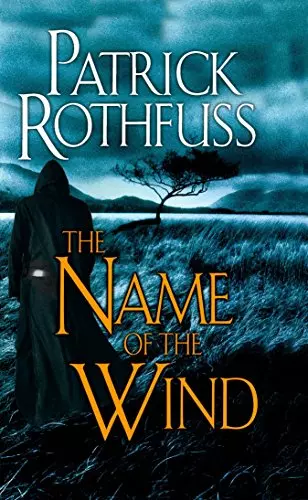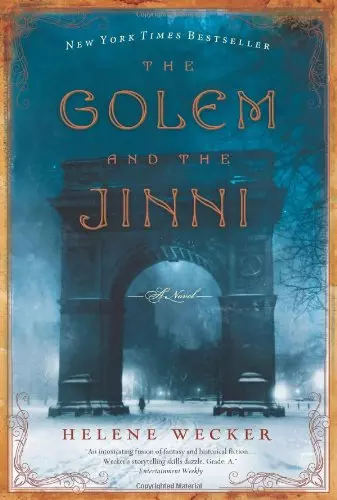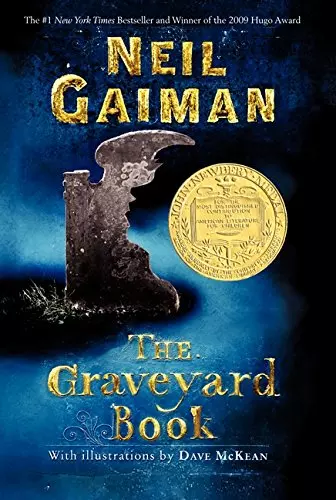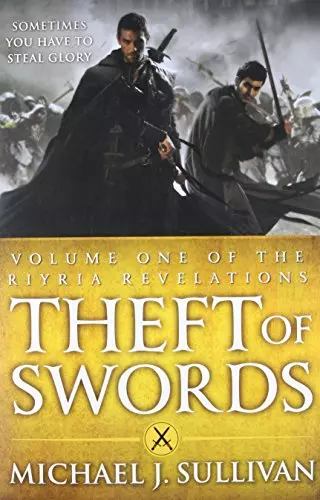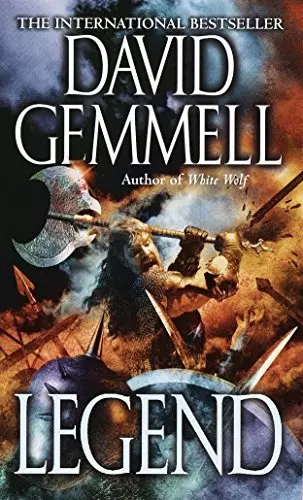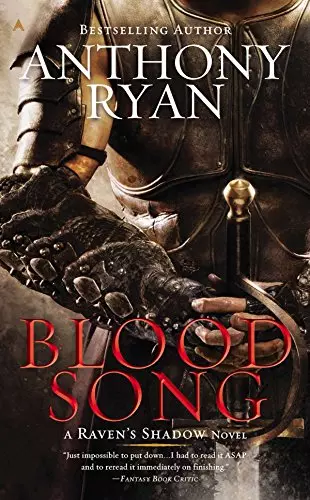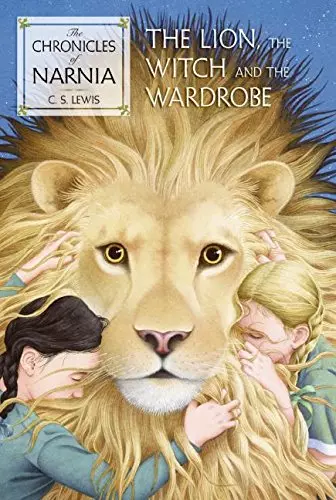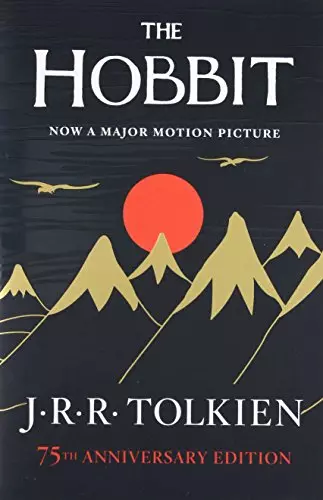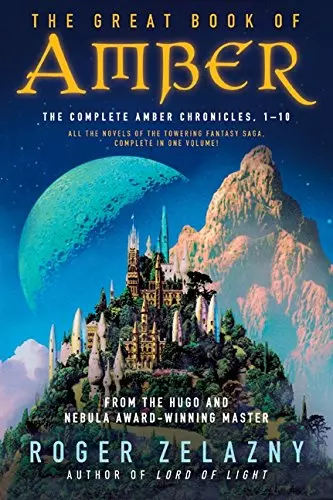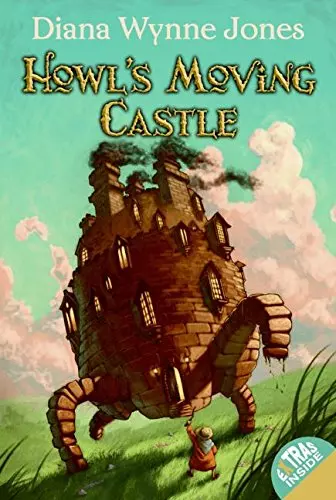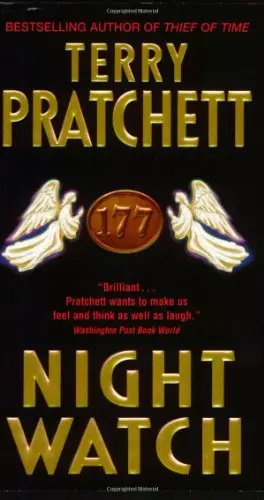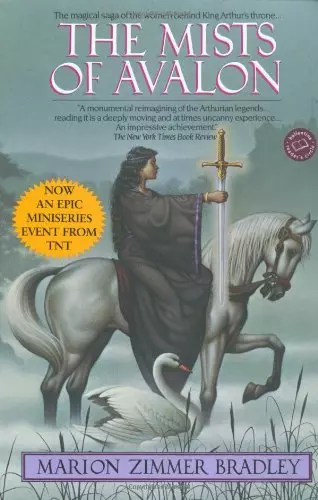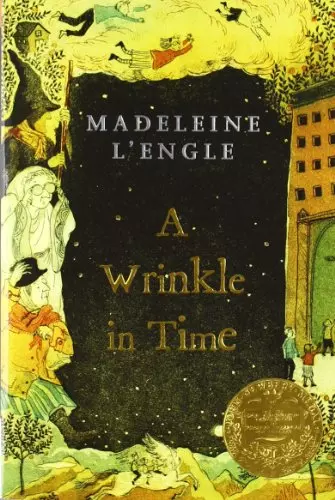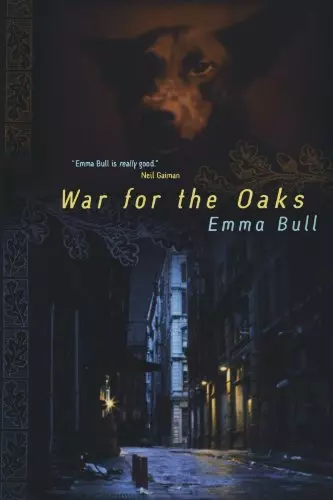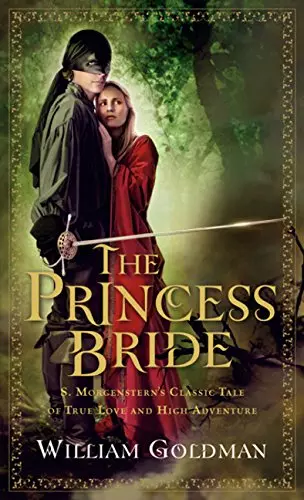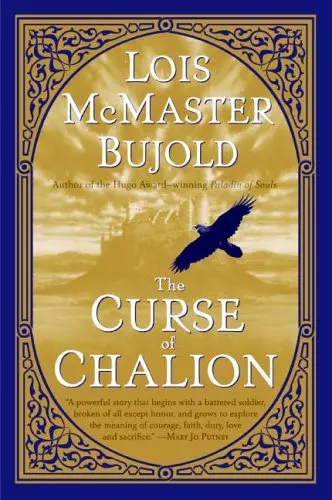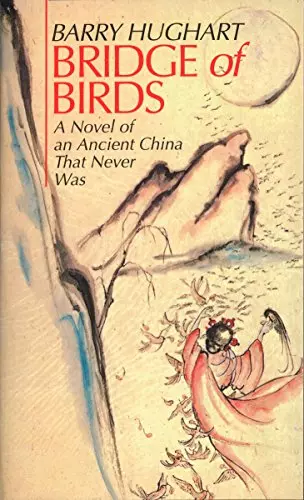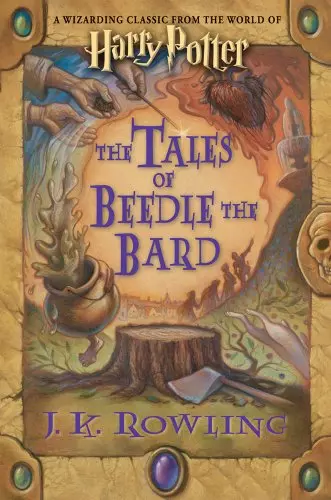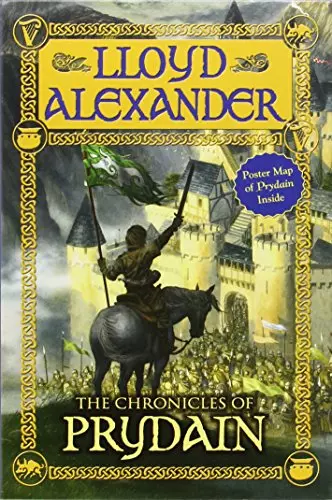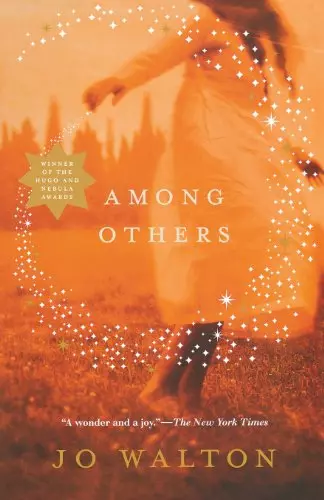Best Feel Good Fantasy Books
Fantasy That Makes You Feel Good
Tired of grim dark stories where the nastiness of humanity is gleefully celebrated; where heroes and villains are often one and the same?
Want a fantasy where good things are celebrated, a world where heroes are heroic and villains are villainous, a world where the good always wins and the bad is justly punished? This style of fantasy, once ubiquitous, has fallen a bit out of fashion recently. You’re more likely to read about a band of marauding mercenaries celebrated as ‘heroes’ than about an actual hero who’s, well, a hero.
Well good news for you! If you want to read a different type of fantasy, a fantasy about good guys doing good things, beating bad guys, and saving the day, fantasy books that are decidedly optimistic and upbeat -- tales that bring a smile and grin to your face, not tears by the end of it -- then this is your list. A list compiling the best of the feel good fantasy in the genre.
So if you want to finish a book with a big smile on your face, these are the books for you. Think of these reads as a sort of ‘anti-grimdark’ fantasy.
Ranked Fantasy Books
Trending Books in Best Feel Good Fantasy Books
Trending Fantasy Booklists
Best Fantasy Books 2025
The Must-Read Fantasy Releases of 2025 That Fans Are Devouring Worldwide
Top 25 Best Fantasy Books
Love fantasy novels? Hate wasting time reading trash? Then read this definitive guide to the top 25 Fantasy books in the genre.
The Best Sci-Fi Movies
The Best of the Best Science Fiction Movies
Top 10 Sci-Fi Movies That Make You Think
Top 10 Sci-Fi Movies That Make You Think
Top 25 Best Fantasy Audiobooks
The Best Fantasy Audiobooks (Updated 2016)
Best Fantasy Magic Systems Books
Top Best Fantasy Magic Systems Books

